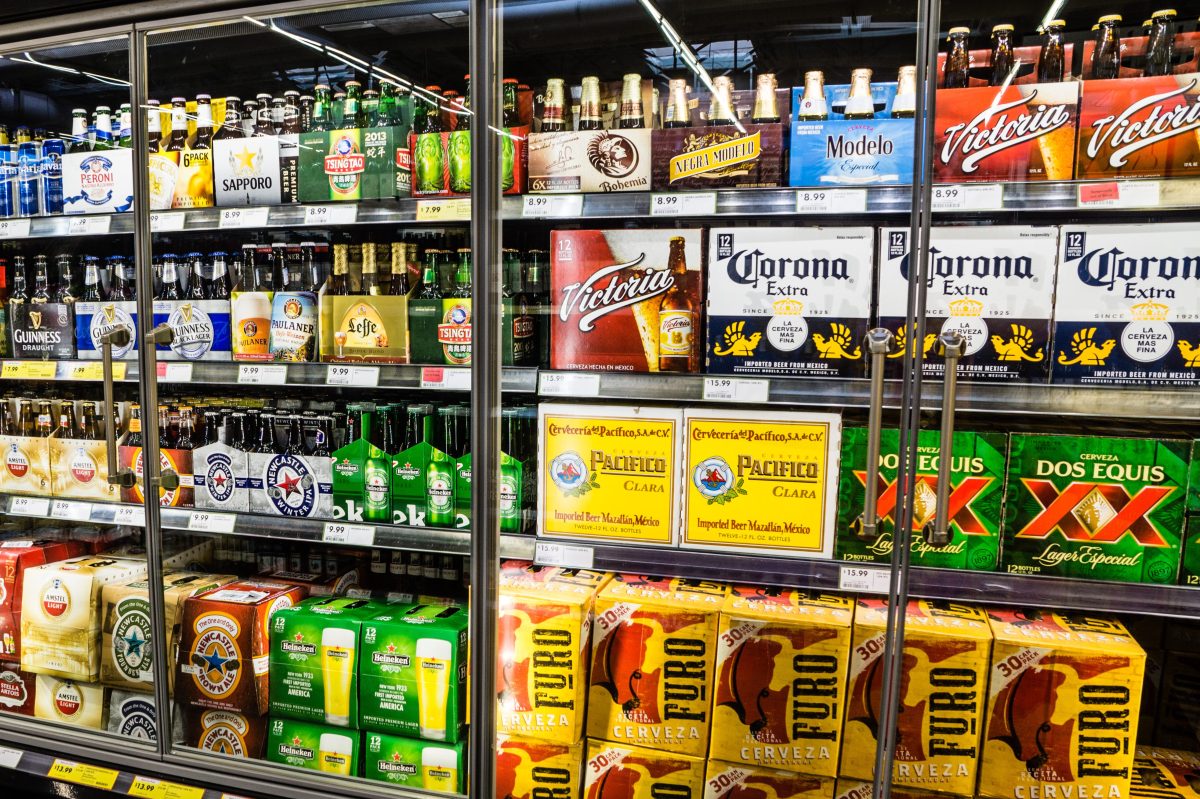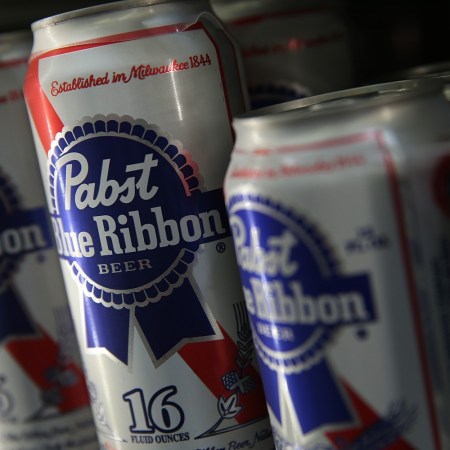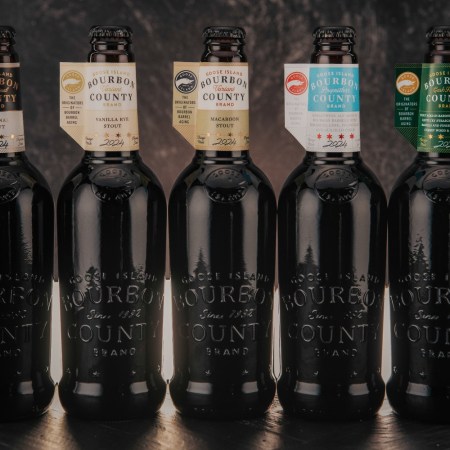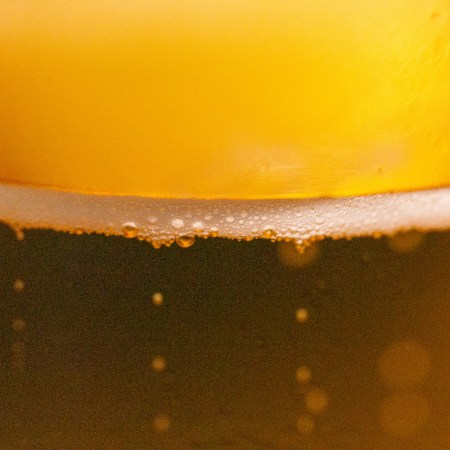President Joe Biden and his administration are trying to address a number of important issues during his time in the Oval Office, and Americans overpaying for beer is apparently one of them.
In July, President Biden issued an executive order to “protect the vibrancy of the American markets for beer, wine, and spirits, and to improve market access for smaller, independent, and new operations.” Under Biden’s direction, the Treasury, the Attorney General and the Chair of the FTC then began an investigation of the industry for beer, wine and spirits to assess “the current market structure and conditions of competition, including an assessment of any threats to competition and barriers to new entrants.”
One thing that the agencies found upon looking into the various booze markets is that there has been “significant” growth in the number of craft producers of beer, wine, and spirits. There are now “over 6,400 operating breweries in the United States, up from a low of 89 in the late 1970s, and more than 6,600 operating wineries,” per the report. “There also more than 1,900 operating distilleries.”
The report also found that the rise in breweries hasn’t led to a drop in beer prices and estimates that “post-and-hold” laws that have been on the books in some places since the Prohibition era and were designed to cut down alcohol consumption by keeping prices high may be leading to Americans overpaying millions of dollars for beer each year.
“According to these laws, alcohol wholesalers must submit a list of future prices to the state — posting these prices in advance and then holding them for a set period of time, usually 30 days,” according to Quartz. “As a result, wholesalers are often reluctant to cut prices, because such cuts become irreversible for the duration of the holding period. This collective reluctance ends up setting a price floor that no one will go under.” So, while the post-and-hold laws have been shown to keep alcohol consumption low, they also keep booze prices high.
“Over a dozen states currently impose post-and-hold restraints, covering a substantial part of the national population,” per the report. “Given that more than $250 billion of alcohol was sold in the United States in 2018, for
example, even modest price increases in these states as a result of post-and-hold laws can lead to a substantial transfer of wealth from consumers to distributors and/or producers.”
With regard to beer specifically, the Treasury estimates post-and-hold laws could increase the price of a six-pack by $0.93-$2.24 (12.5%-30%). “In the beer market alone, that price increase would reduce consumer surplus by $242-581 million, of which $236-567 million would be transferred to producers while consumers would spend $147-478 million more than they did previously,” it notes.
Ouch. Should you ever get the opportunity, vote “No” on post-and-hold.
Every Thursday, our resident experts see to it that you’re up to date on the latest from the world of drinks. Trend reports, bottle reviews, cocktail recipes and more. Sign up for THE SPILL now.



















